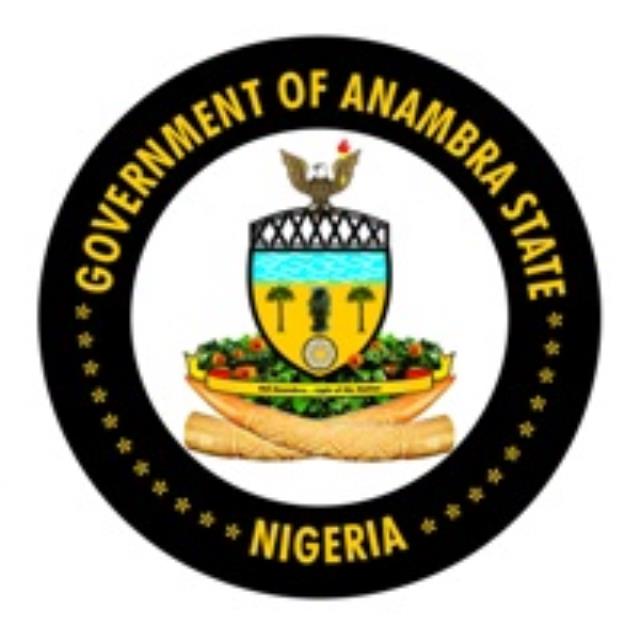When the dust finally settles on everything as it often does, history will be kind to Governor Willie Obiano. And there is just one reason why this is the case. Since he took over the reins of leadership in Anambra State about six years ago, Akpokuedike seems to have handed enviable pages to history with each remarkable deed he has done.
From his epic stamping out of kidnappers and violent criminals, through the highly acclaimed agricultural revolution, to his turning Anambra into an investment destination and transforming Awka into an emerging beauty, Sir Willie has left his imprint on the hearts of the people where the greatest pages of history are written.
But even so, Obiano may well have added a great new chapter to the history books when he rolled out the Choose-your-Project initiative for the one hundred and eighty-one communities in Anambra State. Under this initiative, each community in the state is at liberty to select a development project that is dear to it, which the state government would execute with a sum not below twenty million naira.
Each community has the sole responsibility of deciding what is best for it, determining where to cite the project and supplying the labour that would execute it. The state government merely provides the specification and ensures the strictest compliance to standards and commitment to the contractual terms of each project.
Introduced in the middle of the raging recession, the Community Choose-your-Project initiative seems a most unlikely scheme to be undertaken by any government in Nigeria then. Even today when some states are still grappling with the realities of the economic quagmire in the land, which compels them to even owe salary in arrears, Anambra state government has not only spent time in studying it but has gone ahead to roll out some initiatives that make the government squeeze out funds for capital intensive projects. Against this backdrop therefore, the Community Choose-your-Project initiative is a dare! A bold challenge to governments at all levels to rise beyond the common pale. But perhaps more importantly, it is a whole new development paradigm in governance, which other states have started to borrow from.
Under this scheme, different communities in Anambra State opted for different projects, according to their scale of preference. Some communities are in their third phase now, having completed their first and second phases. Where there is a delay, it is mostly due to either indecision or lack of agreement on what to choose by some communities or lack of consensus on where to cite the projects.
All things considered, what actually sets the Community Choose-your-Project initiative apart is not necessarily the timing of its implementation. Nor is it the obvious benefits it brings to the low income households who supply labour to the various construction sites. What stands the initiative out is the new vista it opens in democratic governance in Nigeria.
It is gladdening that the initiative seeks to bring equity to governance; to make sure that every community has a government presence or the symbol of affection from the government in its domain. It ensures that everyone is given a sense of belonging and that every community in Anambra State matters to Governor Obiano and his team. This is ingenuity at work!
Beyond the need to touch every community with a government presence is the fundamental question of choice. The scheme allows each community to decide what is best for it. There is no arbitrary imposition of a white elephant project by a presumptuous government who postures as though it understands the needs of the people better than them.
There is something democratically liberating in being asked to choose what is best for one. Nothing can be exhilarating than the freedom of choice! In its finest manifestation, democracy should give us the liberty of choice. Democracy should offer us freedom from the tyranny of executive omniscience and arrogance; the assumption that the masses are not wise enough to know what is best for them.
On the strength of this initiative alone, Governor Obiano appears to be breaking away from the mould of archetypal leaders who whimsically determine what is best for everyone. He is boldly and competently pointing out a new future for democracy in the developing world. Obiano’s model of Bottom-Up development paradigm will make for a good case study in the school of developmental economics and a fitting model for countries that desire a new approach to governance that tilts slightly away from the Western model that presupposes that the elected representatives of a people know what is best for them at the grassroots level.





Comments are closed for this post.